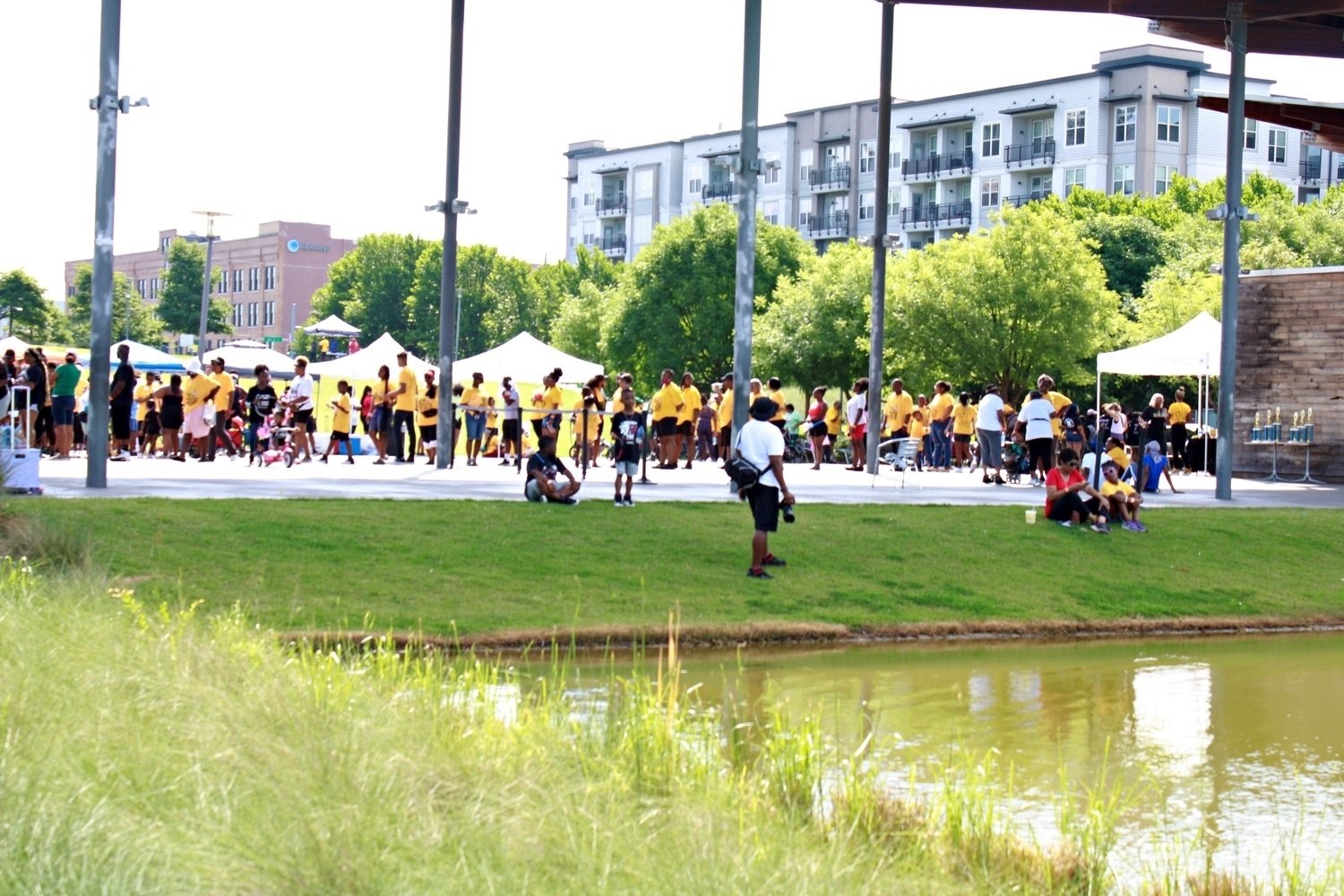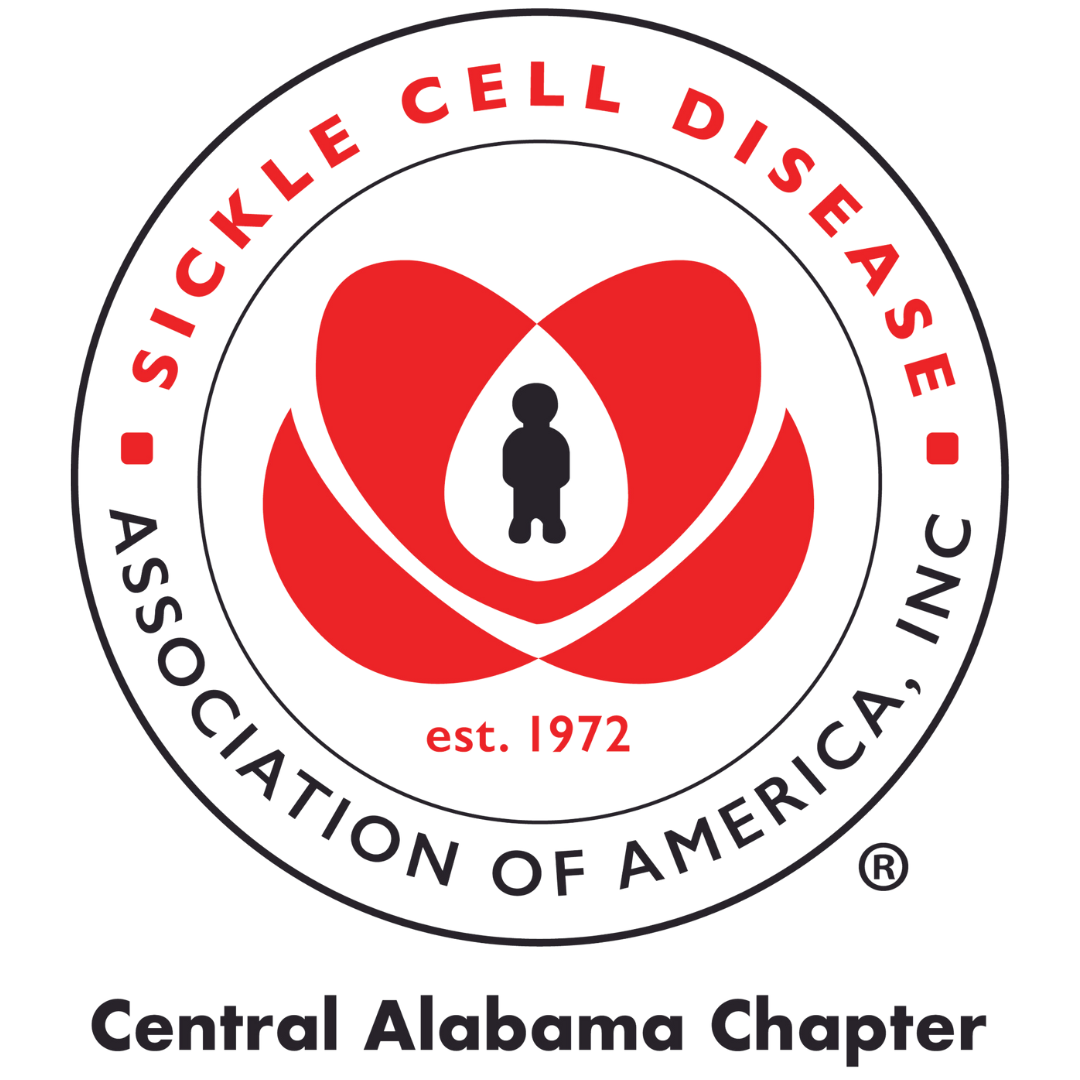
-
Sickle Cell Clinic at Children's
located inside
Children's Hospital - Dept of Hematology/Oncology
1600 7th Ave S, Birmingham, AL 35233
(205) 638-9100
Dr. Lee Hilliard
Dr. Brandi Pernell
Dr. Christina Bemrich-Stolz
Dr. Jeffrey Lebensburger
D'Andra Johnson
Pediatric Social Worker
(205) 638-9206
-
Lifespan Comprehensive Sickle Cell Center
located inside
UAB Kirklin Clinic
2000 6th Ave S, Birmingham, AL 35233
Dr. Julie Kanter
Co-Director
Dr. Joy Ogunsile
Tiffany Battle
Counselor
Terrika Johnson, LMSW
Adult Social Worker
(205) 801-7725
-
Additional Resources
Sickle Cell Disease Association of America
Sickle Cell Disease Association of America
Sickle Cell Information Center
SCDAA provides:
Free sickle cell testing
Free sickle cell education
Free sickle counseling
COVID-19 RESOURCES
THE CORONAVIRUS:
SCDAA - Central Alabama wants you to be informed
Text BHMCOVID to 888-777 to receive text message information related to COVID-19.
Key websites and phone numbers
For more information from the Centers for Disease Control, click here.
For more information from the Jefferson County Department of Health, click here or call 205-930-1440.
For more information from the Alabama Department of Public Health, click here or call 1-800-338-8374
PREVENTION:
The CDC recommends everyday preventive actions to help prevent the spread of respiratory diseases.
Avoid close contact with people who are sick.
Avoid touching your eyes, nose, and mouth.
Stay home when you are sick.
Cover your cough or sneeze with a tissue, then throw the tissue in the trash.
Clean and disinfect frequently touched objects and surfaces using a regular household cleaning spray or wipe.
Wash your hands often with soap and water for at least 20 seconds, especially after going to the bathroom; before eating; and after blowing your nose, coughing, or sneezing.
If soap and water are not readily available, use an alcohol-based hand sanitizer with at least 60% alcohol. Always wash hands with soap and water if hands are visibly dirty.
SHOULD I WEAR A MASK?
The CDC does not recommend that people should wear face masks to protect themselves from respiratory diseases, including COVID-19.
The CDC advises face masks should be used by people who show symptoms of the coronavirus to help prevent the spread of the disease to others. The use of face masks is also crucial for health workers and people who are taking care of someone at home or in a health care facility.
WE ARE STILL IN FLU SEASON
The flu is different from a cold, which is gradual. The flu usually comes on suddenly. People who have the flu will often feel some or all of these symptoms:
Fever* or feeling feverish/chills
Cough
Sore throat
Runny or stuffy nose
Muscle or body aches
Headaches
Feeling tired
Some people may have vomiting and diarrhea, though this is more common in children than adults.
*It’s important to note that not everyone with the flu will have a fever.
IF YOU HAVE FLU-LIKE SYMPTOMS, PLEASE:
Stay at home to recover
Wash your hands with soap and water for a minimum of 20 seconds before touching anyone or anything
Use alcohol-based hand sanitizer
Don’t touch your face
Germs tend to linger. Disinfect door handles, your phone and other surfaces daily.



